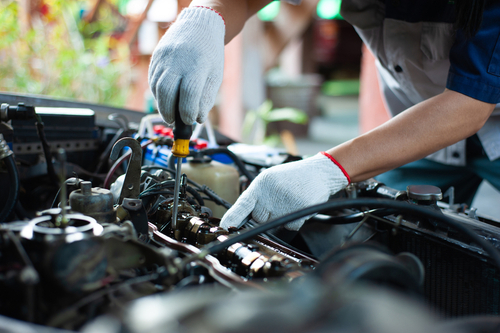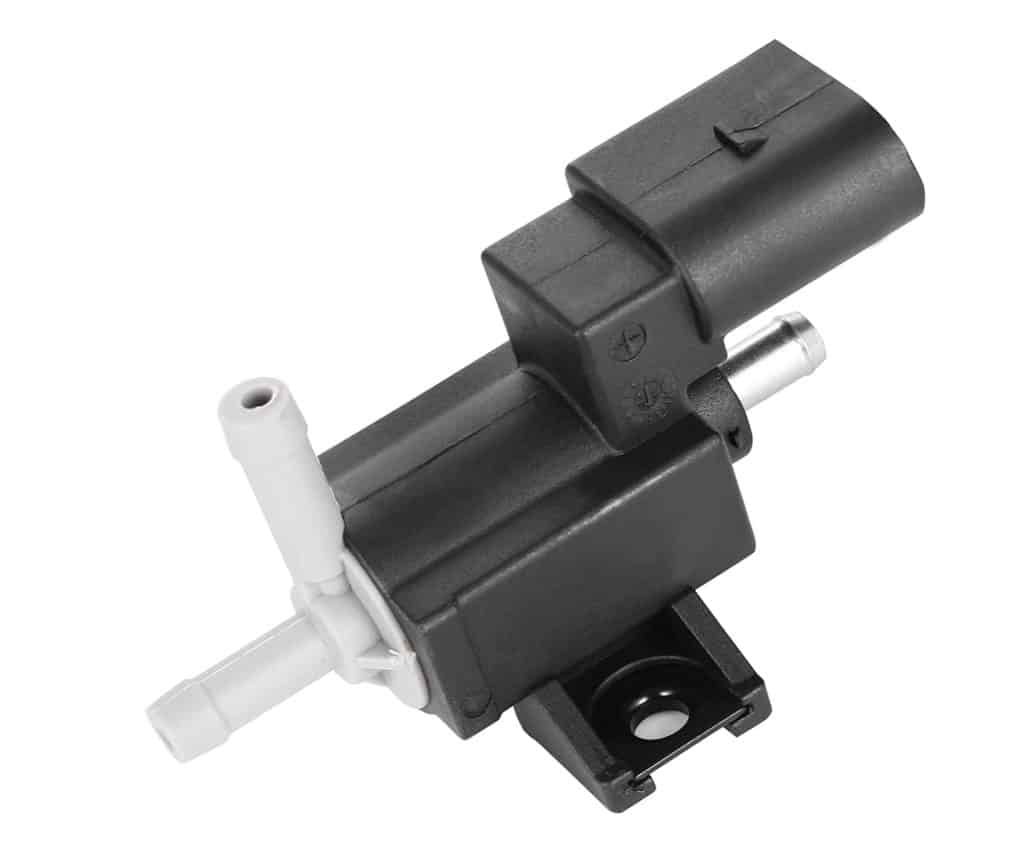
The modern automobile’s electrical system provides early warning signs of possible trouble. Each of those warnings has a unique error code to help with the diagnosis.
P0234 is a standard OBD2 trouble code. In layman’s terms, it indicates a potential problem with an engine’s forced induction system. A buildup of pressure can trigger the sensor to turn on the check engine light.
This warning code requires immediate attention to prevent costly damage to your engine. You should not drive with P0234. Assuming the engine is getting too much boost, it can blow a head or intake gasket, increasing the repair expense considerably.
It is a generic code. However, the engine type, model year, and vehicle manufacturer will determine the repair steps needed. This article has been written for a turbocharged vehicle with P0234. It’s rare to find this code on a supercharged vehicle.
P0234: Quick Info
| Definition | P0234: Turbocharger or Supercharger “A” Overboost Condition |
| Common Causes | Bad/Damaged Wastegate Valve, Wastegate Control Solenoid, Wastegate Control Hose Blockage, Bad Turbo Charger |
| Symptoms | Check Engine Light, Limp Mode |
| Repair Difficulty? | Difficult, Best Left to a Professional |
| Breakdown Risk? | Yes. Too Much Boost Can Blow the Engine |
P0234 Definition: Turbocharger or Supercharger “A” Overboost Condition

Here’s the definition of the P0234 fault code:
Turbocharger or Supercharger
This OBD II trouble code only applies to vehicles that are equipped with a supercharger or turbocharger(s).
Turbochargers and superchargers both provide extra air pressure to the intake manifold. The difference between them is how they accomplish this.
A turbocharger uses exhaust, while a supercharger uses the crankshaft to provide boost.
Overboost Condition
When the Powertrain Control Module (PCM) detects that the pressure buildup has exceeded the vehicle manufacturer’s recommendations, error code P0234 will be logged in its memory.
P0234 Symptoms
Here are the most common symptoms of a P0234 code:
- The check engine light on the dashboard turns on
- There may be a noticeable drop in engine power (limp mode)
- Strange sound coming from the turbocharger/supercharger
- Erratic Idle
- Overheating: Transmission or engine
- Knocking
P0234 Causes + Diagnosis

It is dangerous to drive a vehicle that has P0234. Overboosting can damage the engine.
When you attempt to fix p0234, start by checking the boost sensor before assuming your vehicle is overboosted.
Repairing P0234 can be challenging, and best left to the professionals, but there are a few things you can do before going that route.
Here’s an excellent order to diagnose possible issues with the P0234 code:
Are There Other Codes?
The first thing you should do is check for other codes. If there aren’t any codes related to the MAP/MAF or boost sensors, it’s likely a mechanical issue causing P0234.
Examine the Boost Pressure Sensor’s Electrical Connection

If the electrical connection that runs between the boost pressure sensor circuit has become compromised, the code can illuminate.
Check the wiring harness going to the boost pressure sensor for any damage. Its proximity to the hot exhaust system can cause these wires to become warn and brittle.
Check the Boost Pressure Sensor
The boost pressure sensor could also be clogged. If connected via a hose, examine that hose to see if it is cracked or clogged. If it is, clean it out or replace it.
You can test the boost pressure sensor. Here’s an article that details how to test a boost pressure sensor. Keep in mind that P0234 is more often than not caused by a mechanical issue.
Take a Look at the Wastegate Controller
There might be an issue with the wastegate connecting rod. Your car’s owner’s manual should have the recommended PSI for the wastegate controller. The rod might need an adjustment.
Is the Wastegate Jammed?
If the wastegate becomes jammed, that will force the turbine to spin faster. That can create an over-boosted engine situation. Typically, this will happen when the connecting rod has become bent.
Faulty turbocharger or supercharger
Sometimes, the most straightforward explanations are the simplest ones. For example, the P0234 code could result from a defective turbocharger or supercharger. Replacing them would clear the code.
We recommend taking your vehicle in to a shop to have it tested before attempting to service the turbo or supercharger yourself.
Conclusion
A P0234 code is a severe problem. Don’t drive if your vehicle has it. If you do, you risk blowing the engine.
Unfortunately, it is also the type of repair best handled by professional mechanics.
